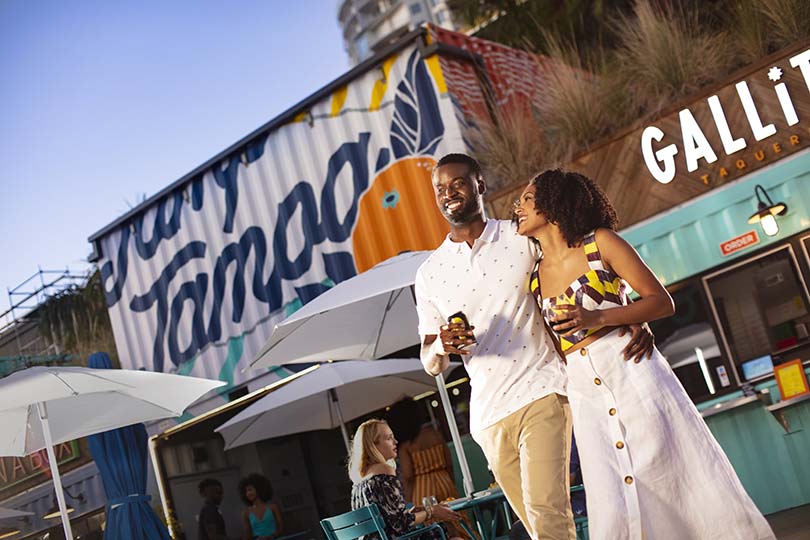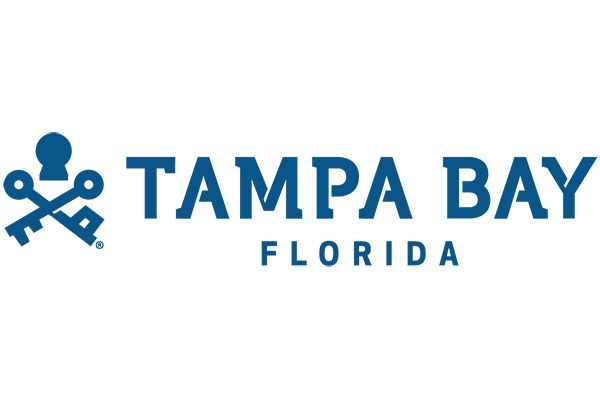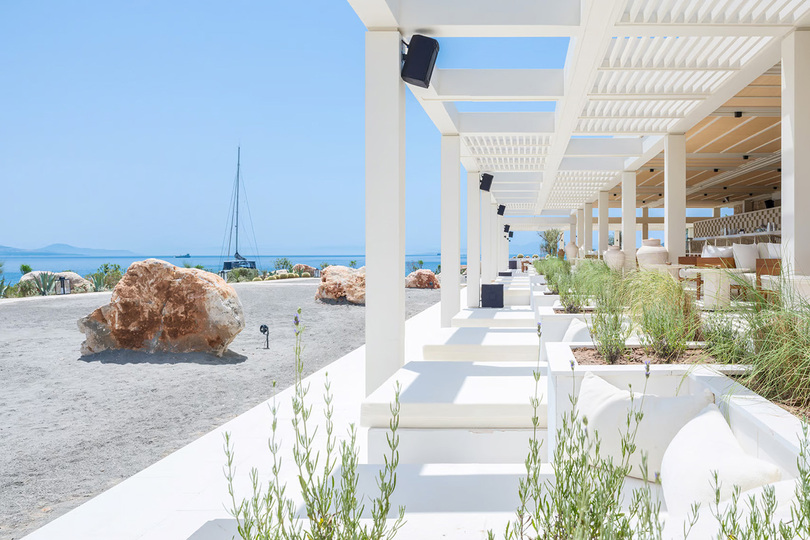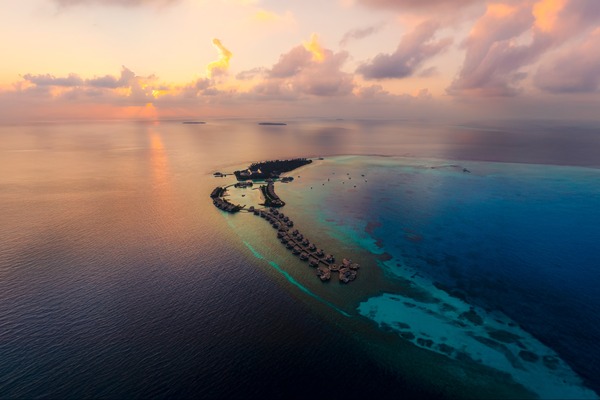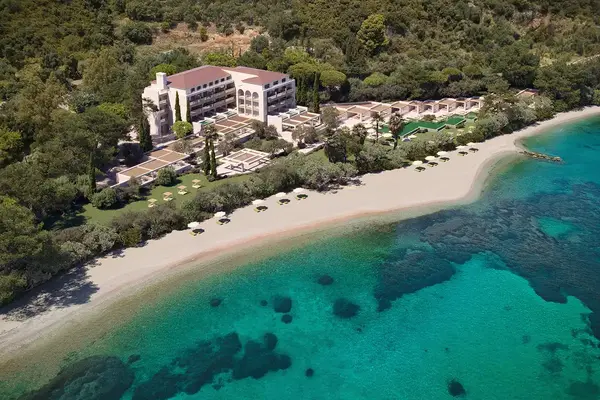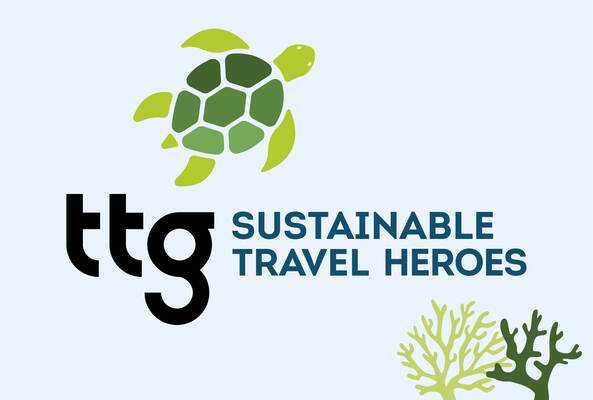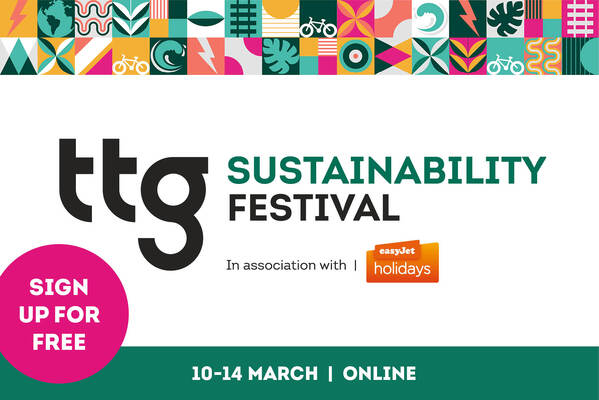Tampa Bay roundtable highlights diversity and inclusion
A recent roundtable hosted by TTG brought Visit Tampa Bay and agents together to address current perceptions and understanding of the destination when it comes to diversity and inclusion
Florida has hit the headlines in recent weeks following its newly approved “Don’t Say Gay” bill. But Tampa Bay, a city described as “an area that is more progressive than some others” by Visit Tampa Bay’s chief marketing officer Patrick Harrison, is keen to lead by example and walk the walk.
Tampa Bay, he stressed, has a unique stance on diversity and inclusion in the Sunshine State. The city might not be the first destination agents think of when selling to LGBT+ customers, those with accessibility needs or clients from ethnic minority backgrounds, and this was confirmed by agent participants during the D&I roundtable, but there are a number of reasons why it should be.
During the discussion, which was chaired by TTG editor Sophie Griffiths, agents asked their most burning questions and aired their concerns, while Visit Tampa Bay shared what makes the city a welcoming option for all travellers.
Will my LGBT+ customers feel welcome in Tampa Bay?
“Visit Tampa Bay believes 100% in diversity, equity and inclusion,” said Harrison. “Everything we do is cultivating a message that shows our company matches our community.” And the Tampa Bay community is certainly pro-LGBT+. In 2019 the city voted in openly LGBT+ female ex-police chief Jane Castor as mayor, who won 73% of the ballots. The destination is also cited as a diverse and inclusive destination by Rachel Covello, chief executive of pro-LGBT+ publication outcoast.com.
Is Tampa Bay ready for my customers with special accessibility needs?
Visit Tampa Bay has a dedicated accessibility ambassador, Jamie Santillo, who is owner of Adventures by Jamie (a travel agency focusing on travellers with special needs and mobility-friendly experiences) and a wheelchair user herself. Santillo visits accommodation providers such as Marriott International and assesses them to decipher what the hotel is doing well and what it could improve when it comes to accessibility.
A common issue globally is hotels placing ash trays in front of lift buttons, so those in wheelchairs are unable to reach. Visit Tampa Bay’s accessibility-approved hotels can be found at visittampabay.com/stay, while Santillo also recommends Alderman’s Ford Regional County Park, ZooTampa, Columbia Restaurant and the Henry B. Plant Museum as some of the best mobility-friendly attractions.
Discover Tampa Bay’s D&I resources
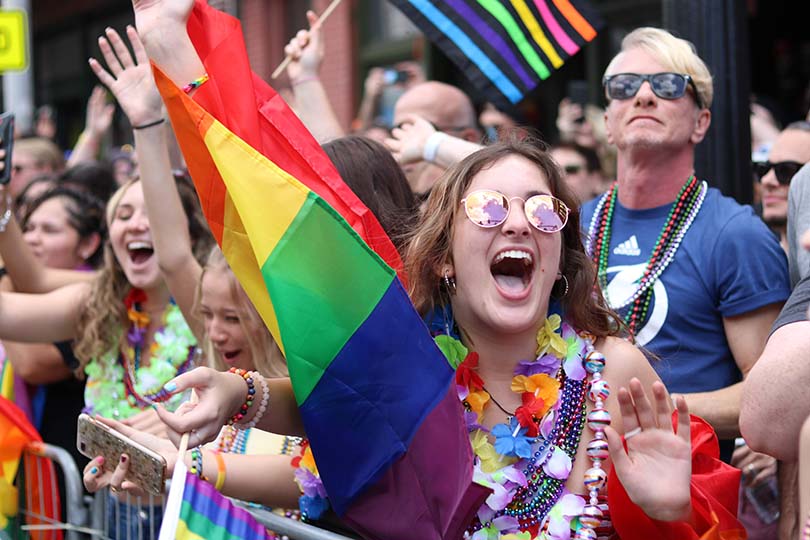
Tampa Bay’s Travel Agent Academy features training courses spanning accessible and LGBT+ travel, showcasing approved hotels and certified attractions for travellers. Sign up at visittampabay.com/academy.
Go to the media page at visittampabay.com/media to download marketing images and videos that promote diverse and inclusive travel to the destination.
Agents needing support selling Tampa Bay to those with autism and additional mobility needs can find resources at visittampabay.com/accessible-travel.
Email becky@magictorchpr.com to be added to the distribution list for The Visit Tampa Bay Gay Guide, which is a handy resource for agents selling to LGBT+ customers.
Visit Tampa Bay’s destination guides, which include the Gay Guide and a Multicultural Guide, are available in different languages including Spanish and German at visittampabay.com/travel-professionals.
The event guide at visittampabay.com/tampa-events features festivals and occasions for customers of all ethnicities, sexual orientations and accessibility needs. Tampa Pride is the first Pride event to take place in the US each year and usually falls on the last weekend in March.
How will Tampa Bay ensure my clients with autism feel comfortable?
One agent participating in the roundtable asked about Tampa Bay’s approach to visitors with autism, given she has an eight-year-old son with the condition. She was reassured to hear Visit Tampa Bay has a section on its website recommending autism-friendly attractions, and a card system that these providers must follow, as well as a mission to encourage all tourism providers to apply for national autism-friendly accreditations. “The fact that you’ve got [attractions] geared up to autism makes such a difference; I’m now going to plan a holiday there because I know my children will have a great time!” she said.
Will my clients from ethnic minorities feel safe in Tampa Bay?
Tampa Bay is a migrant-founded city built 120 years ago by the cigar trade, which means it is today home to an eclectic mix of cultures. One agent shared concerns about how receptive the destination is specifically for black LGBT+ travellers, however Harrison stressed that “because Tampa is so diverse from an ethnic background point of view it’s much more of a melting pot [than other Floridian destinations]”. He added Tampa International Airport (TPA) has been applauded for effectively training its TSA staff to “look at the right things and treat everyone [of an ethnic minority] like an individual”.
While the TTG D&I roundtable with Visit Tampa Bay began with agents sharing trepidations about the destination, it concluded with an undoubtable perception change. All participants were emphatic in their belief they now consider the city a suitable holiday choice for clients of all sexual orientations and ethnic backgrounds, and with all additional needs.
“Our welcoming spirit is what makes us special,” said Harrison. “Everything should be inclusive and accessible; we want everybody to feel at home.”

